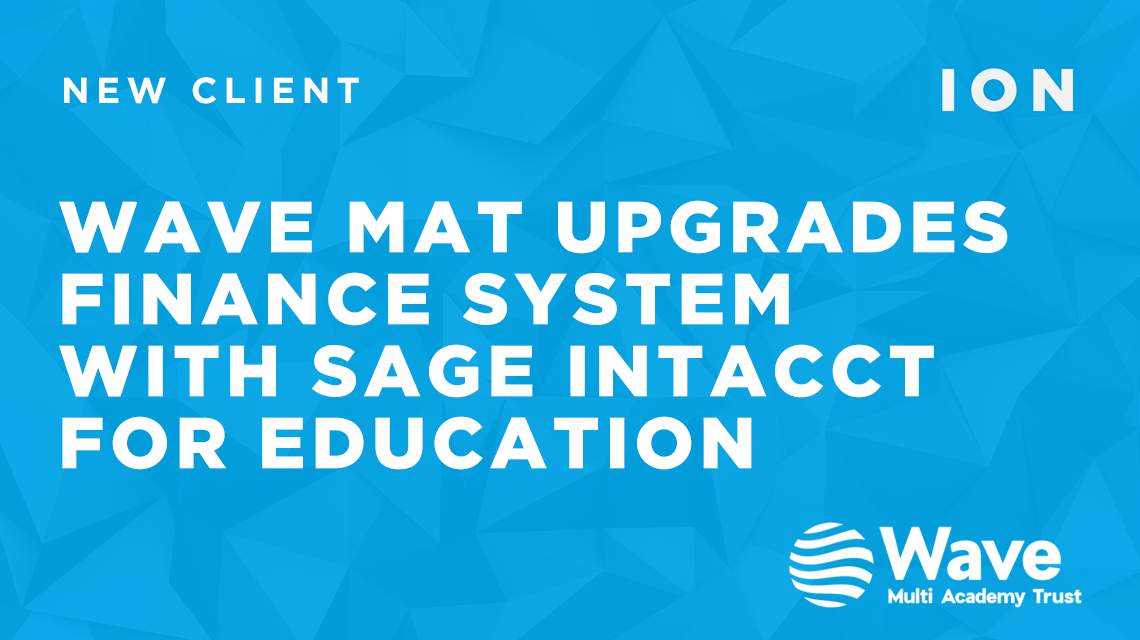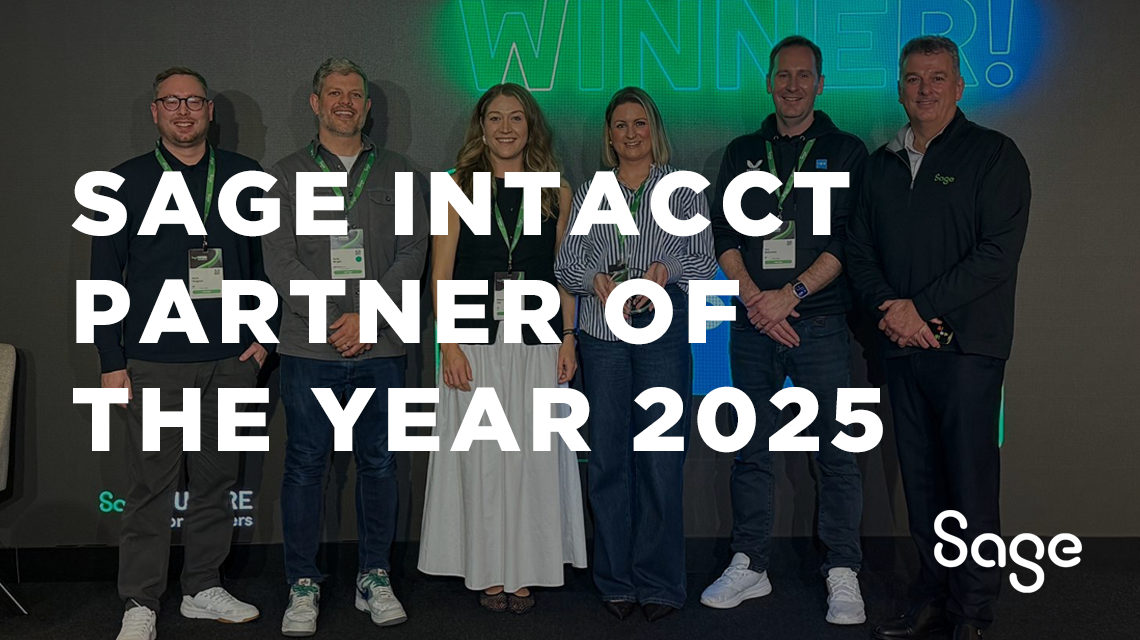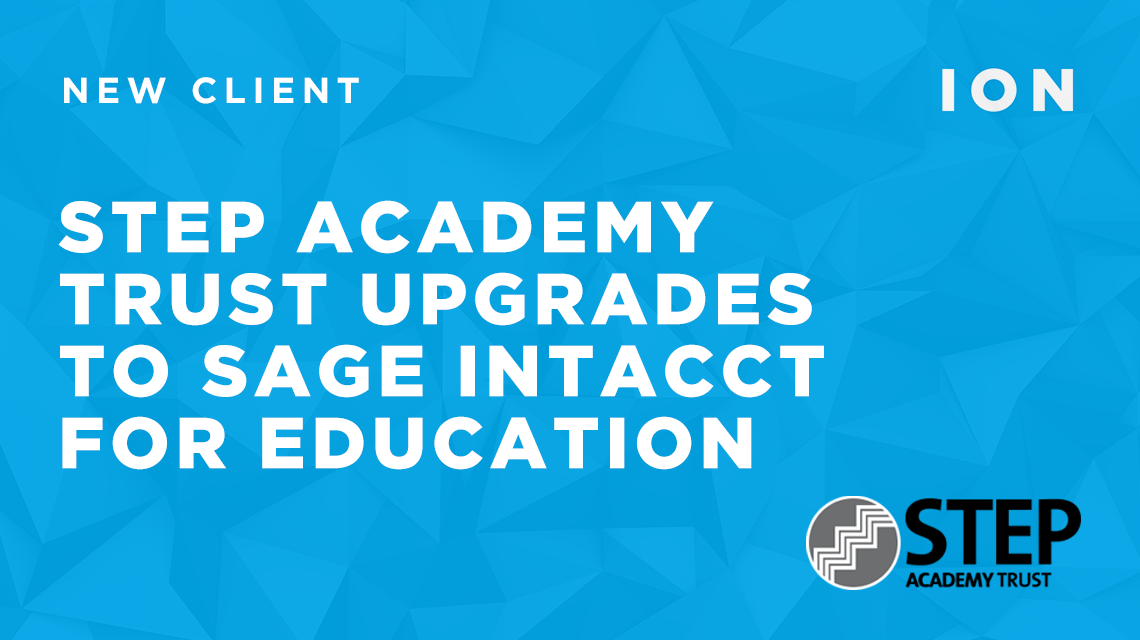Despite Artificial Intelligence (AI) being used more than we realise day to day, most people still do not really know what it is and how you can use it in sales.
Artificial intelligence is applied when a machine mimics cognitive functions associated with human minds, such as learning and problem solving. A bit like in adaptation in the BBC drama Humans. Machines can act and react like humans only if they have abundant information relating to the world and it learns this information over a period of time depending on how often it is interacted with; for instance reasoning, planning, and understanding language. For business, it's used to make jobs easier and more productive.

With AI, businesses can deliver more personalised customer experiences across sales, service, marketing and commerce. For example, commenting on Salesforce's launch of its AI product Einstein, CRM Salesforce CEO Marc Benioff said: “… it is now every customer’s data scientist, making it easy for everyone to take advantage of best-in-class AI capabilities in the context of their business.” Today's most technologically advanced businesses are using AI to meet customer expectations like never before. Social Media platform Facebook recently announced that it has used AI to develop pattern recognition algorithms to recognise certain warning signs in users posts; in particular people who may be prone to suicide if they often use words such as 'sad' 'pain' 'despair' within their posts. It marks the first use of AI technology to review messages on the network since founder Mark Zuckerberg stated that he also hoped to use algorithms to identify posts by terrorists, among other concerning content.Amazon, the online retailer, is using 'digital assistants' via a connected gadget that can 'see' customers at home and using its sophisticated AI technology can assist on fashion advice. It sends images to the cloud, stores it, performs data analytics then offers style advice based on the current trends.There’s been plenty of discussion regarding the growing role of artificial intelligence in Customer Relationship Management (CRM) software. An AI-infused CRM platform has the capacity to provide a number of services previously unimaginable - such as offering real-time analytics, predictive scoring and data integration features. This intelligence will also minimize or prevent customer churn.Salesforce’s AI, Einstein, enables businesses to prioritise audiences, alerting them to the prospects that have the highest propensity to make a purchase and enhance the likelihood of a lead converting to an opportunity as well as inform the business on the likelihood of an email reply, subscription or final purchase.From predictive sales lead forecasting to predicting value, quarterly bookings sales to personalised marketing campaigns, AI could provide every employee with tools to be more productive and provide smarter, more personalised customer experiences.As software evolves, it will effectively create a system of continuous improvement for sales and marketing teams.Research shows that a quarter of UK companies plan on using Natural Language Processing (NLP) as a type of AI to boost their profits. This helps CRM sales teams as the software can suggest responses by analysing written content, it can give analysis on text to see preferences on brands and products detect the risk of losing a sale and identify the best possible deals.AI has already proven itself with a trillion-fold increase in performance in the last 60 years. AI-powered CRM activities will drive new efficiencies in how companies sell, service, and market and it has been predicted that by 2021 the AI impact on CRM could increase global business revenues by 1.1trillion US dollars.


